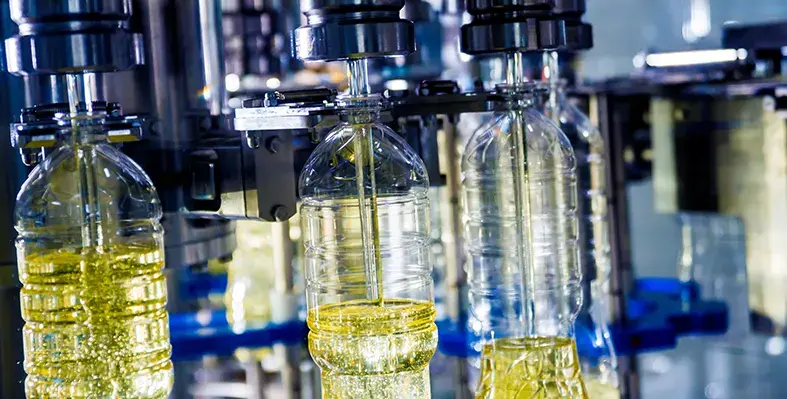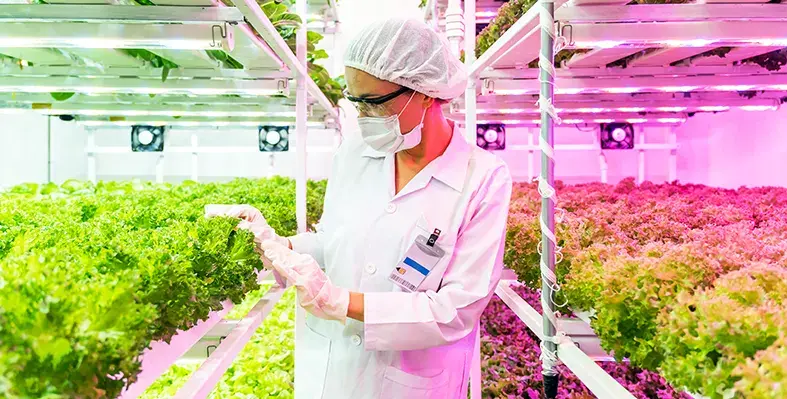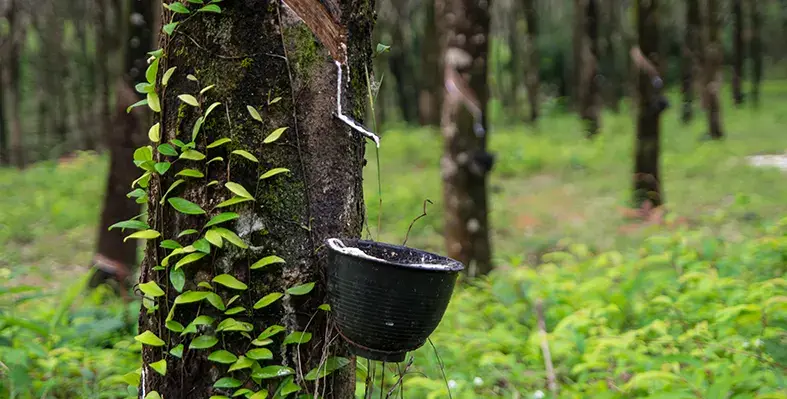
South Africa, Nigeria, Kenya, Ghana, and the DRC, the platform continues to expand opportunities for women shaping Africa’s digital future.(Image credit: Naspers and Prosus)
Five pioneering African female founders have been awarded more than US$100,000 in equity-free funding after emerging as winners of the Naspers–Prosus Tech FoundHER Africa Challenge, a competition created to spotlight women who are building technology solutions for real market needs across the continent.
The final event, held on 19 November 2025 in Johannesburg, brought together ten exceptional women founders representing a range of dynamic sectors including agritech, healthtech, climate technology, fintech, AI, and sustainable manufacturing. The timing of the finale aligned intentionally with Global Women’s Entrepreneurship Day, South Africa’s G20 Presidency, and the B20 Summit, amplifying the significance of the announcement on a global stage.
Interest in the Challenge was substantial, with 1,163 applications received from tech entrepreneurs across Africa during the one-month application window. This overwhelming response reflects not only the depth of innovation on the continent but also the growing momentum of Africa’s digital economy, projected to reach US$180bn by 2025. Despite this growth, women remain significantly underfunded, with female founders facing a US$42bn financing gap, a barrier the Challenge aims to help narrow.
Celebrating this year’s winners, Phuthi Mahanyele-Dabengwa, South Africa CEO and Executive Director of Naspers and Prosus, highlighted the exceptional calibre of talent on display. “I’m immensely proud of our overall winner, Esther Kimani, who brings agricultural innovation through AI-powered pest detection solutions, as well as all the finalists who demonstrated their phenomenal tech solutions today - congratulations!” she said. “The winners represent the next generation of technology leaders building viable businesses that solve real problems across Africa and I can’t wait to witness their growth going-forward.”
Her comments were echoed by Prajna Khanna, Chief Sustainability Officer and Vice President at Prosus and Naspers, who emphasised the potential of women entrepreneurs on the continent. “We received 1,163 applications from across the African continent, and the depth of talent was remarkable,” she said. “These founders are building real businesses with proven models that address significant market opportunities.”
The Challenge, developed with Lionesses of Africa, a community of 1.8 million women entrepreneurs, provides not only financial support but mentorship from seasoned investors, access to institutional networks, and guidance on scaling businesses across African markets. With finalists from South Africa, Nigeria, Kenya, Ghana, and the DRC, the platform continues to expand opportunities for women shaping Africa’s digital future.








